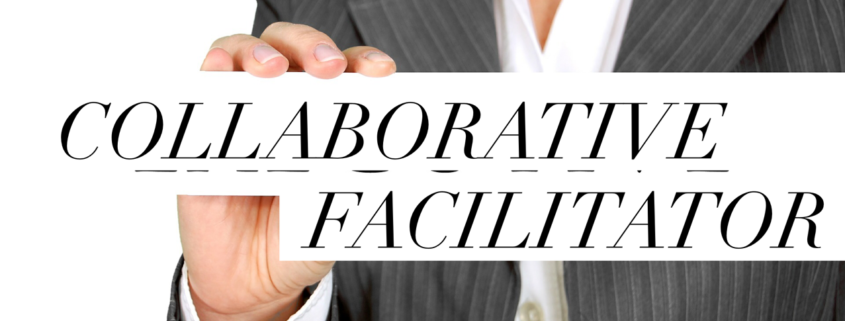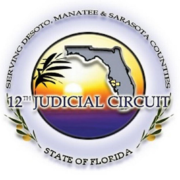What is a Collaborative Facilitator?
If you are looking at your divorce options (from traditional divorce to collaborative divorce to mediation), you may have come across the term “Collaborative Facilitator.” What is a Collaborative Facilitator?
A Collaborative Facilitator is a neutral professional in a collaborative divorce. He or she is oftentimes utilized as a team leader and communication specialist within the collaborative family law process. He or she generally has a background in family dynamics, childhood development, and/or conflict management. A Collaborative Facilitator will have credentials and a license. These will be in the area of marriage and family therapy, mental health counseling, social work, psychology, or psychiatry. However, the Collaborative Facilitator is not engaging in therapy as part of the collaborative process.
Author, psychologist, and collaborative trainer Jeremy S. Gaies, in A Clear and Easy Guide to Collaborative Divorce, discusses the role of the Collaborative Facilitator (which he describes as “coach,” using the nomenclature of the International Academy of Collaborative Professionals) in the following excerpt:
What is the Role of the Neutral Coach [a/k/a Collaborative Facilitator]?
In the Neutral-Coach Model, the coach has several important functions.
First is overseeing the whole process as a project manager. This function is vital. The collaborative team consists of at least five or six members (including the spouses), so it matters that everyone stays on top of tasks and communicates reliably. The coach makes sure that happens. The coach also facilitates the team meetings, ensuring that you [the client] keep focused on your goals and that an atmosphere of respect, calm, and safety is maintained.
I think of the Winter Olympics sport of curling as an analogy for this part of the coach’s job. In this event, two athletes sweep the ice just ahead of a heavy disk so that it slides to the right spot. The neutral coach is like a collaborative sweeper: The task is to continually clear away obstacles so that you and your partner can reach a final agreement.
Another function is to support your emotional experience. This begins when the coach first meets each of you and assesses your readiness to divorce and your ability to use this approach. As emotions arise over time, the neutral coach assists each of you in dealing with them while keeping you moving toward agreement.
A final function is to help you build your co-parenting relationship and develop your detailed, child-focused parenting plan. In many communities, this work occurs offline, separate from the rest of the team. Once the coach finishes drafting your parenting plan, the lawyers fine-tune it as needed.
Why use a Collaborative Facilitator?
The vast majority of collaborative divorce cases in Florida (76%) utilize a neutral coach/Collaborative Facilitator in recognition that divorce is not just a legal process. It is also an emotional process, and ignoring the emotional aspect can derail any legal negotiation. Underlying emotions can bog down issues which would seem straight forward. Arguments about child support, spousal support, or the division of assets and debts are usually not just about finances.
So, if you are getting divorced, and the collaborative divorce process is best for you, ask for a Collaborative Facilitator.
Adam B. Cordover is co-author of the American Bar Association Book, Building a Successful Collaborative Family Law Practice (with Forrest S. Mosten, 2018). He practices exclusively in out-of-court dispute resolution. Adam also teaches attorneys, mental health professionals, financial professionals, and mediators how to help families divorce in a better way.







